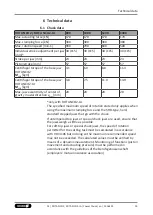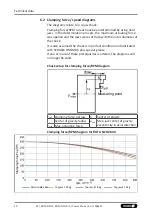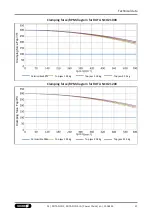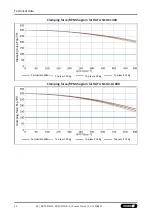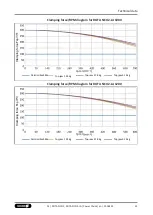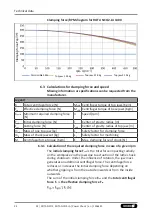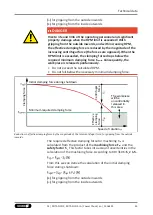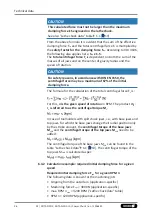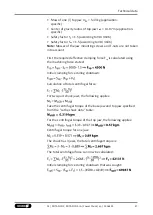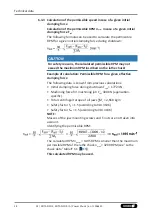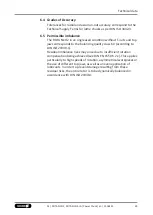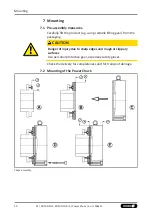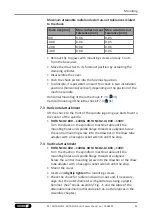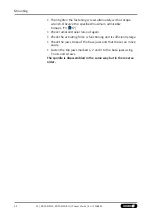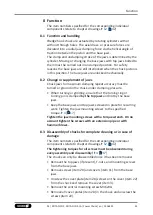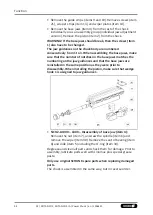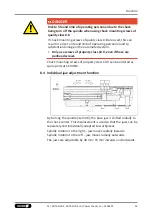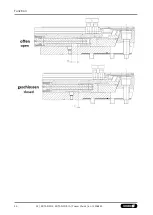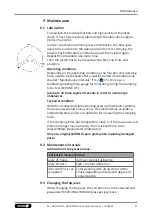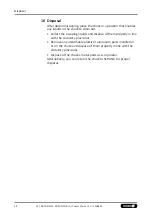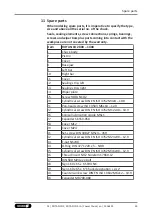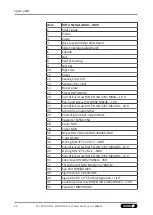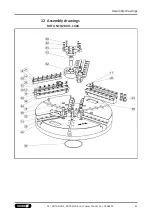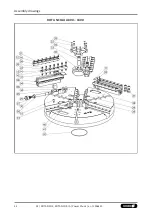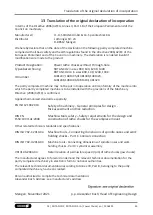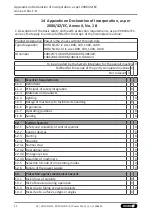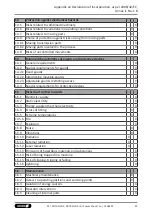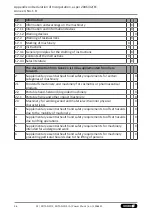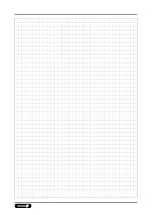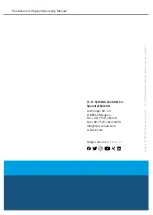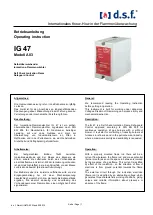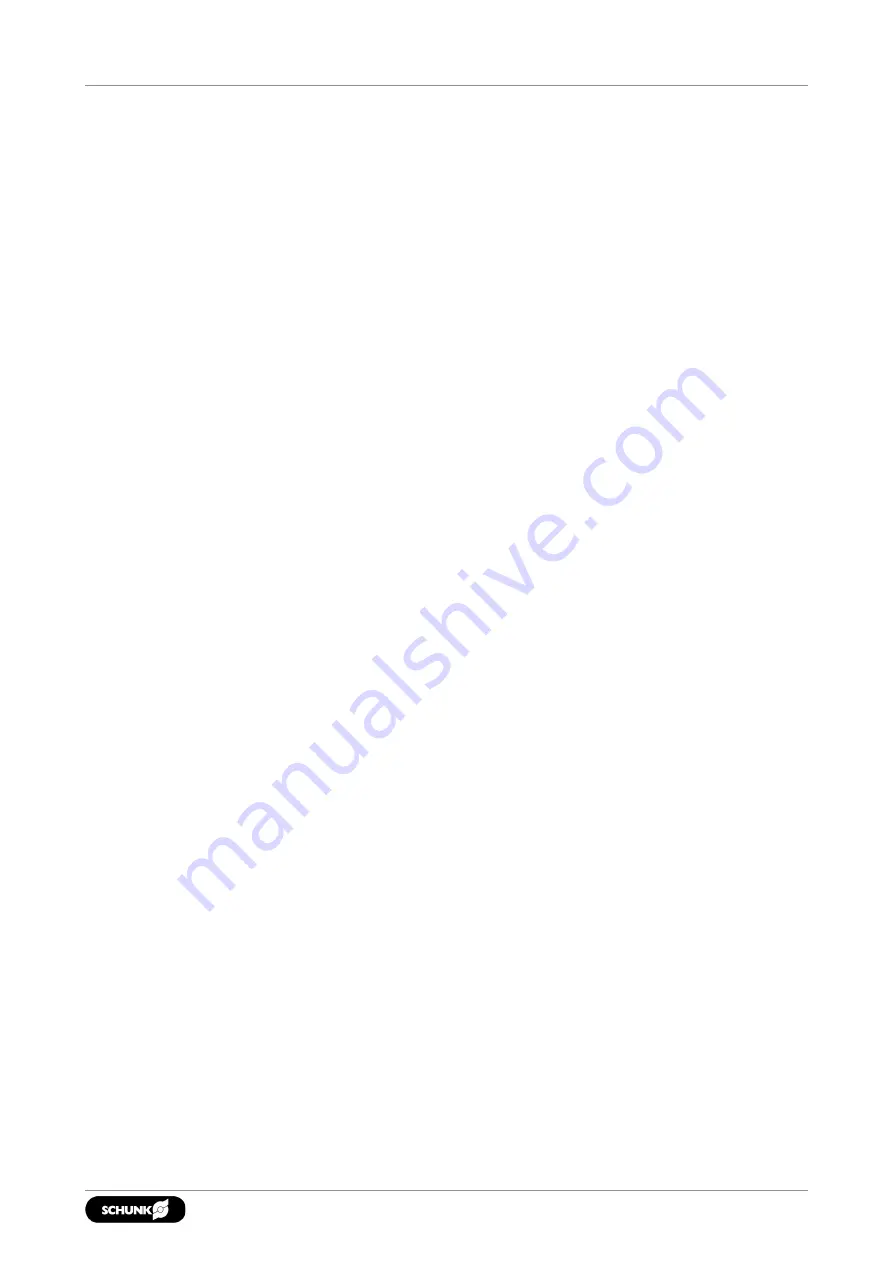
Function
8 Function
The item numbers specified for the corresponding individual
components relate to chapter drawings.
8.1 Function and handling
Wedge hook chuck are actuated by rotating cylinders with or
without through holes. The axial draw- or pressure forces are
deviated into a radial jaw clamping force via the helical angle of
traction between the piston and the base jaws.
The clamp and unclamping stroke of the jaws is determined by the
cylinder. Moving or changing the base jaws with top jaws bolted to
them must be carried out in unclamped position. For safety
reasons the base jaws are still interlocked when the chuck piston is
in this position. The base jaws are unlocked mechanically.
8.2 Change or supplement of jaws
Chuck jaws for maximum clamping repeat accuracy must be
turned or ground in the chuck under clamping pressure.
• When turning or grinding, ensure that the turning ring or
turning pin is clamped
by the top jaws
and not by the base
jaws.
• Keep the base jaws and top jaws screwed in place for recurring
work. Tighten the jaw mounting screws to the specified
torque.
Tighten the jaw mounting screws with a torque wrench. On no
account tighten the screws with an extension pipe or with
hammer blows.
8.3 Disassembly of chucks for complete cleaning or in case of
damage
The item numbers specified for the corresponding individual
components relate to chapter drawings.
The tightening torques for all screws must be observed during
every assembly and disassembly!
The chuck can only be disassembled once it has been removed.
• Remove the top jaws (if present), T-nuts, and mounting screws
from the base jaws.
• Remove screws (item 20) and covers (item 11) from the base
jaws.
• Unscrew the cover plate (item 28) screws on the cover (item 22)
from the chuck and remove the cover (item 3).
• Remove the central mounting screw M36x90.
• Remove all cover plates (item 28) in the chuck and unscrew the
screws (item 22).
33
01 | ROTA NCO2, ROTA NCO2-JA | Power Chuck | en | 1506425

